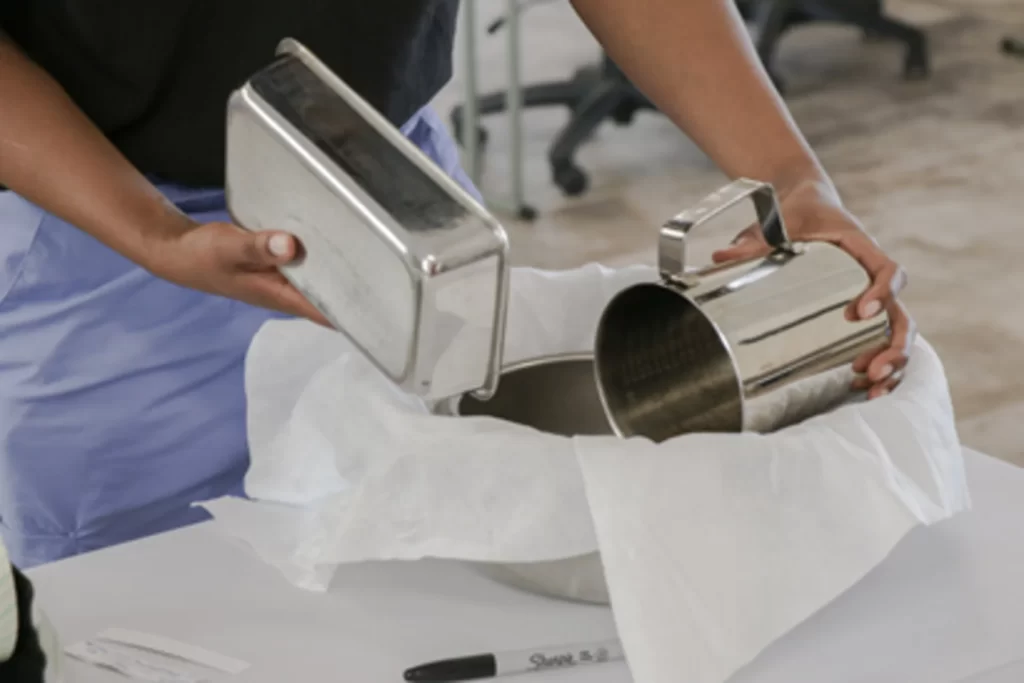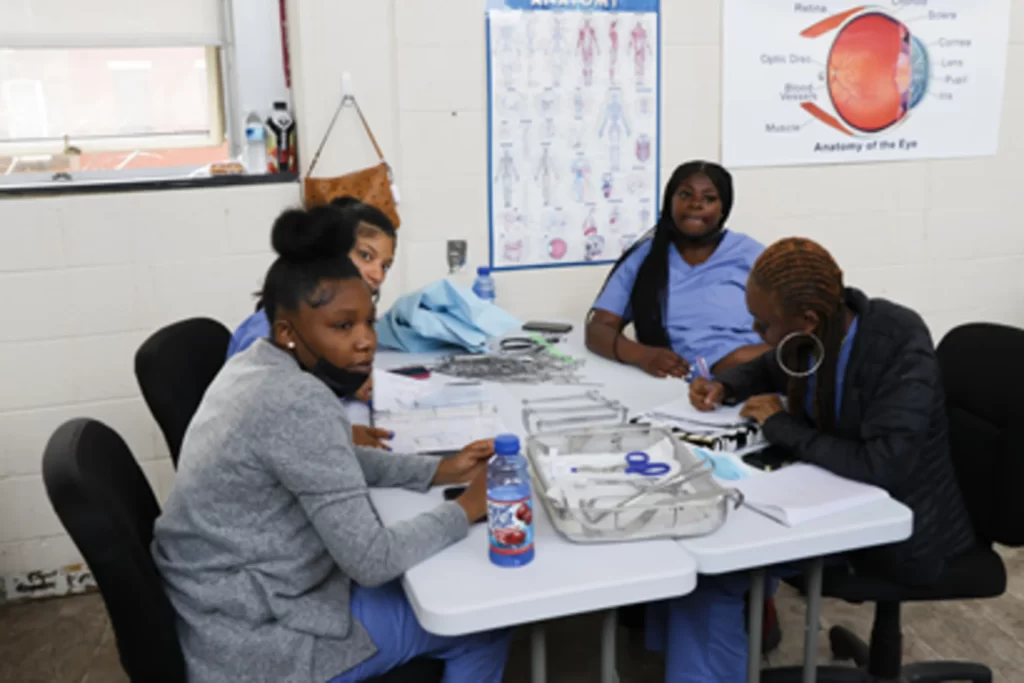In maintaining sterile process equipment where contamination control is a problem, there is no longer any doubt about using hand and power tools. That is why sterile technician training focuses on training the apprentices in properly using tools. When such attention and care is paid to the regulatory standards under which such equipment is installed, manufactured, and put into service, it is easy to believe the extent of training. Let’s understand the hand and power tools operations in the sterile process by a sterile technician.
Hand and power tools are a day-to-day part of a sterile processing job. These equipment and tools help us conduct tasks that otherwise would be hard or impossible. Nonetheless, these simple devices can be dangerous and potentially result in severe wounds when used or maintained improperly. Attention toward hand and power tool safety is essential to lessen or eliminate these dangers.
Air power tools should be used properly to avoid accidental disconnection. Safety clips are installed securely to deter attachments from being expelled. Also, never surpass the sterile technician‘s safe operating pressure, as hoses exceeding half an inch inside diameter must have a safety appliance at the source of the branch line to lessen stress in the event of hose failure.
Hand tools in sterile processing jobs must be retained safely, whether furnished by the branch or employee-owned. The tools should go through an examination process before each use. Dangerous hand tools on any campus worksite are harmful; thus, technicians must eliminate their use. They are basically for the designed objective. Impact equipment or tools must be free of mushroomed heads. Electric power-operated devices must be double-insulated or adequately grounded. Personal protective equipment (PPE) and other things must be worn while working with hand tools.

These tools can be used for several uses. Circular saws, jigsaws, sanders, hammer drills, grinders, routers, and several other power tools save effort and time on sterile processing technician training. The raised use of power tools exacerbates the need for awareness of their dangers if not utilized properly. While each device has unusual hazards that must be in the report, the following safety regulations are standard for all power tools.
Remember only to operate power equipment or tools if you have been ratified to do so. Examine tools daily to ensure that they are in good working order. A central processing technician does not use defective or damaged devices in sterilization processing.

Use devices for their planned purpose and in the manner intended. All electrical devices and power tools must be adequately grounded. Keep protective devices in place at all moments. Never use tools or equipment in which there are no safety guards. Also, the trainees learned not to use electrical power tools when standing in water during their sterile processing technician training.
No worries, central processing technicians may utilize any powder-actuated tool unless they are adequately trained in all manufacturers’ supervision and authorized by their shop manager, supervisor, or foreman. These tools must be secured and loaded. Utilized shots must be disposed of adequately. Follow all factories’ instructions, which must be discovered with the instrument at all periods.
Prevention is by far the most helpful cure for infections. Eradicating the risk of ferrous transfer using stainless steel hand tools on equipment has a quantifiable effect. Sterile processors focus on reducing hazards. It is a crucial factor with measurable financial advantages. Lowered danger easily equates to lower process costs. Integrating hand and power tools in sterile buildings has rapidly become the enterprise standard.
Read More
Find a sterile processing trade program now!Discover Program

Search no more for sterile processing trade programs of your interest.
